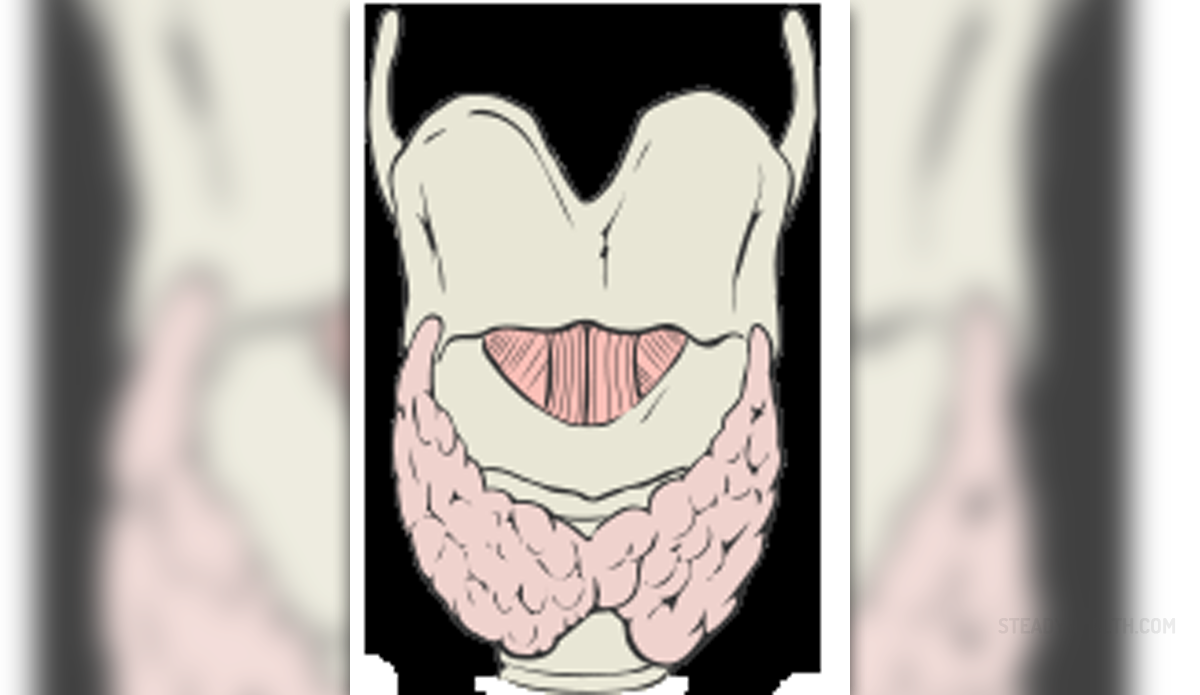
Thyroid gland is one of the most important glands in the human body, which regulates the functioning of many vital hormones. If the thyroid gland produces abnormal amounts of its hormones, that is called hyperthyroidism or overactive thyroid gland. Thyroxine and triiodothyronine are two essential hormones of the thyroid gland that control the proper functioning of metabolism, body temperature and heart rate. In the case of hyperthyroidism, these conditions can change and it can lead to certain complications. Besides hyperthyroidism, there is also hypothyroidism, which is insufficient production of the hormones of the thyroid gland.
Causes of overactive thyroid gland in women
There are several causes for the occurrence of overactive thyroid. One of them is Grave’s disease, which enhances the manufacture of thyroxine. Grave’s disease is an autoimmune disease that attracts the cells of the thyroid gland, and stress, smoking, viruses and certain medication, as well as radiation to the neck may induce the occurrence of this disease. In the majority of cases, women are those who suffer from this disease. There are cases where hyperthyroidism was caused by the development of adenomas in the thyroid gland. Other potential causes of overactive thyroid are excessive consuming of thyroid hormone medications and iodine.
Symptoms of overactive thyroid gland in women
Hyperthyroidism has the same symptoms in male, as well as in women, although there are several additional signs that are characteristic only in women and are related to the menstruation cycle, such as menstrual irregularities. Some women with overactive thyroid have light and less frequent menstrual periods. The most common symptoms of hyperthyroidism are sudden weight loss in spite of the increased appetite, tachycardia or rapid heartbeat, arrhythmia or irregular heartbeat, excessive sweating and joint pain. Many women with hyperthyroidism may experience hot flashes and nervousness, as well as anxiety and poor concentration. Furthermore, some of the symptoms of overactive thyroid gland are frequent bowel movements, sleeplessness, fatigue and weak muscles. Osteoporosis is also one of the symptoms of this condition. Chest pain, difficulty in breathing and muscle weakness are the most frequent symptoms that tend to occur in elderly women.
In the cases where the overactive thyroid gland is induced by Grave’s disease, several problems with eyes may occur. In these cases, the most common symptoms are redness of the eyes, double vision and swelling, as well as excessive tearing, protruding eyeball and sensitivity to light. When these symptoms occur, they are usually referred to as Grave's ophthalmopathy.











-In-Infants-And-Older-Children_f_280x120.jpg)




-And-Children-16-Warning-Signs-And-Symptoms_f_280x120.jpg)
Your thoughts on this
Loading...